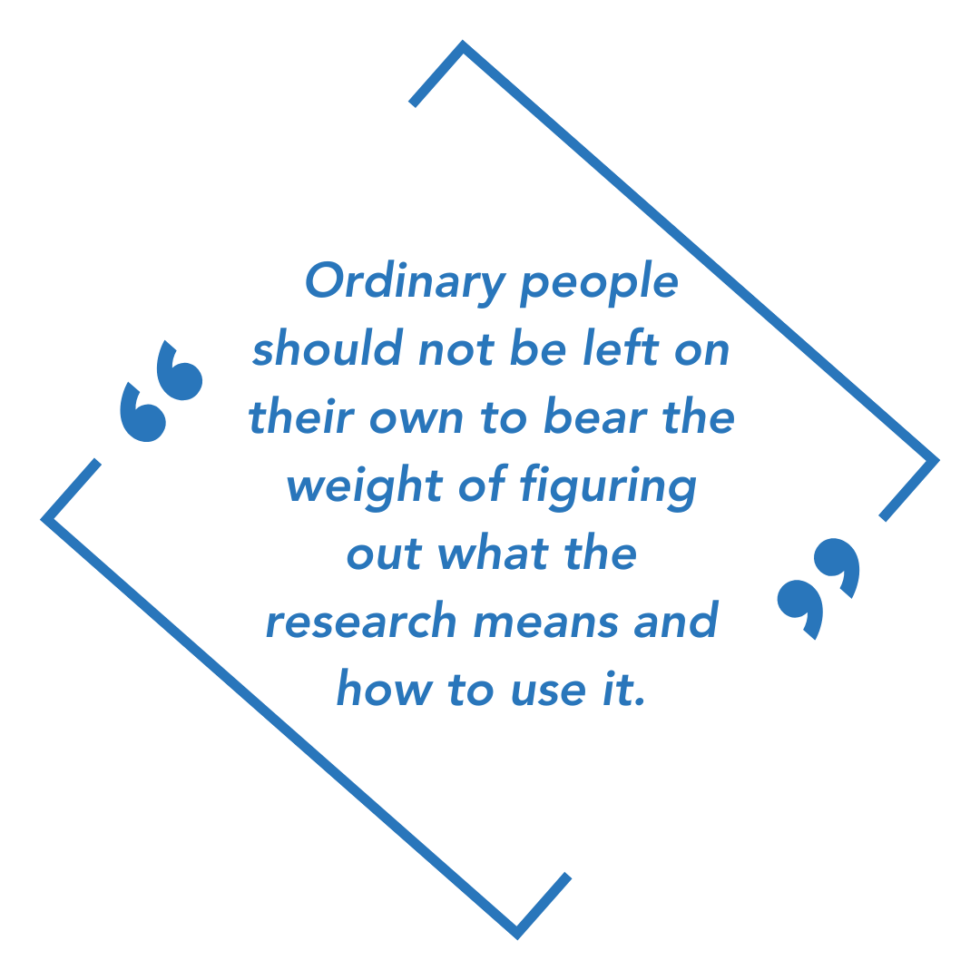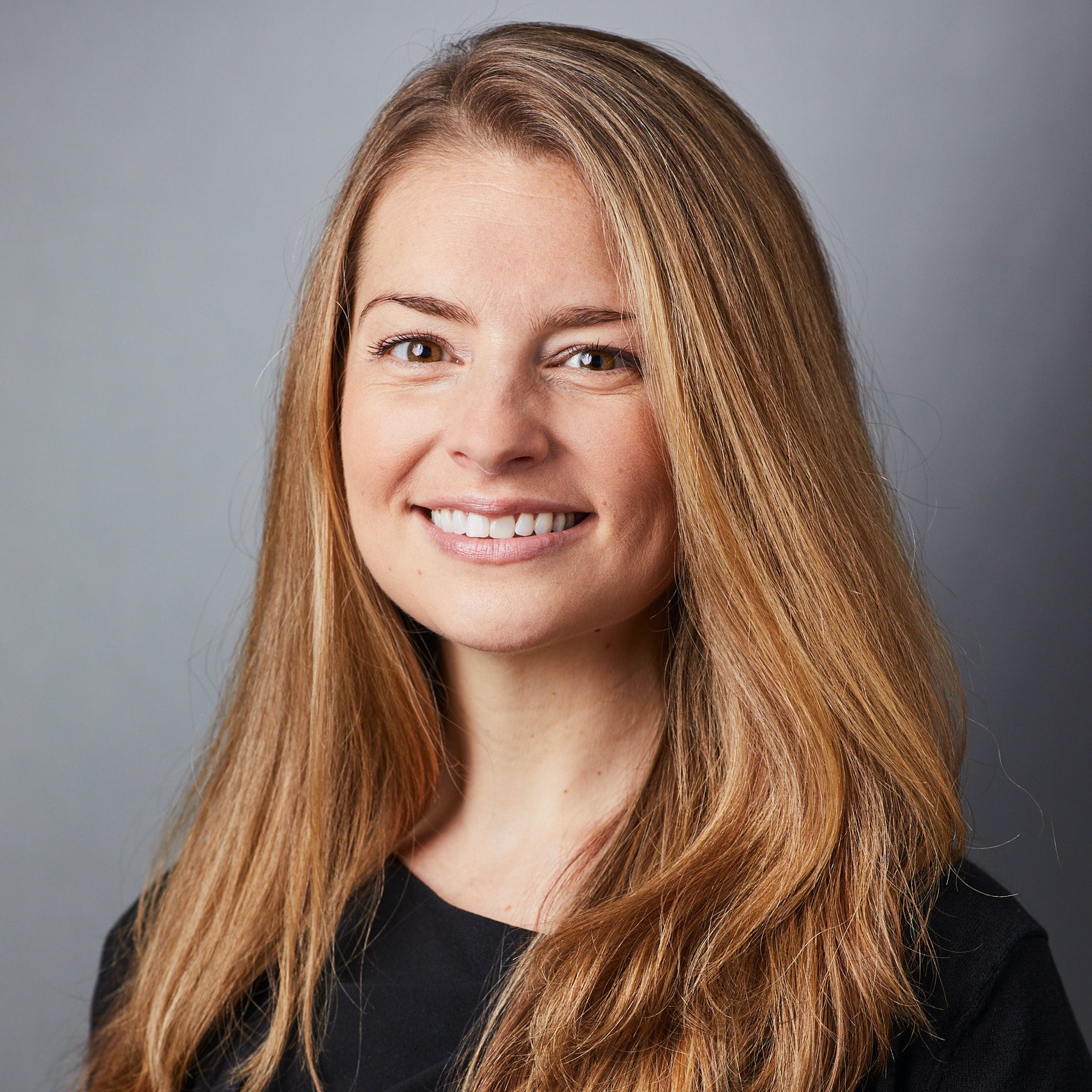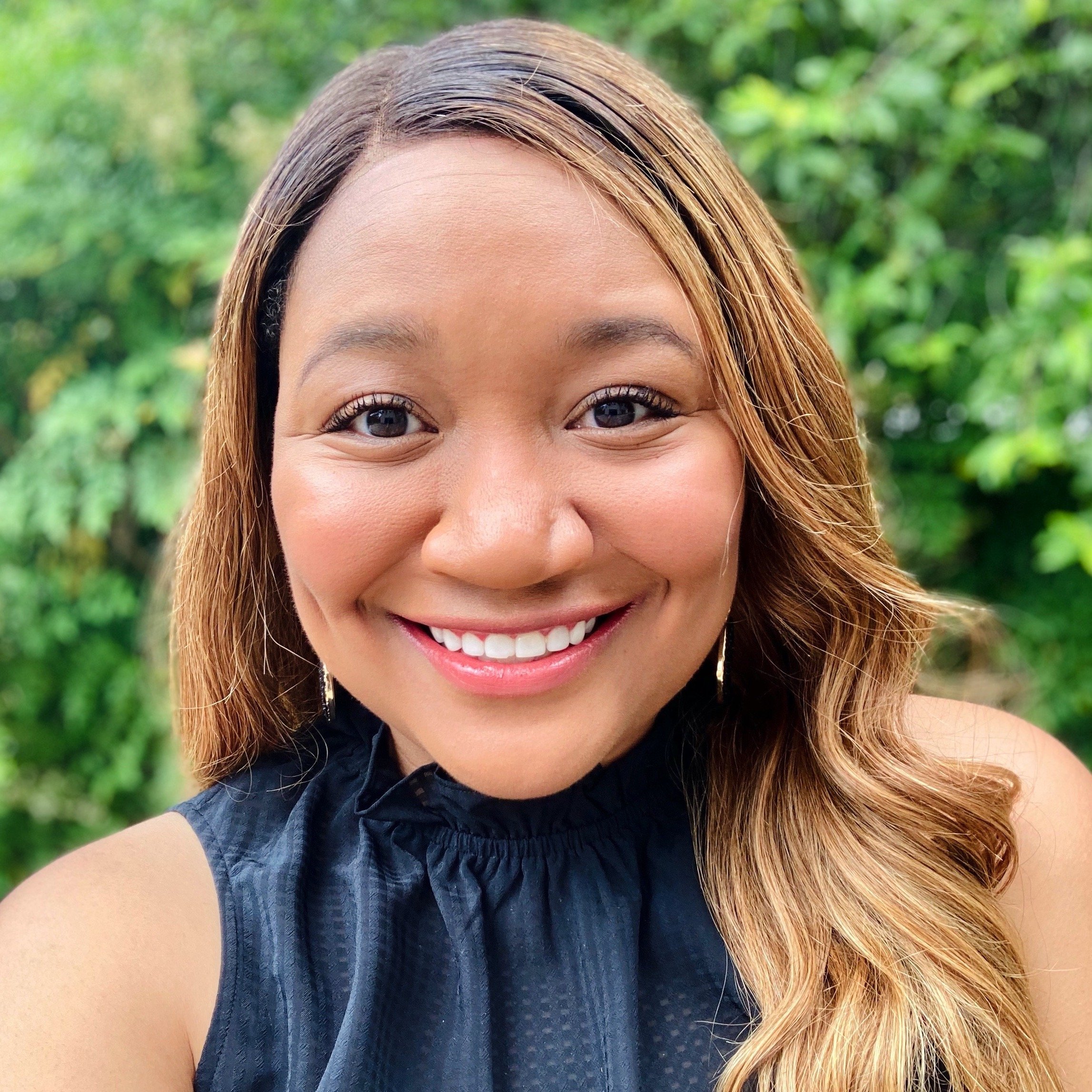The Science

Walden Wise is Democratizing the Science Surrounding Emotional Health
At Walden Wise we believe that research-based discoveries will help propel a culture of emotional health. The research about supporting the emotional health of kids is extensive and yet, it often lives behind borders that the people who need it most cannot cross. Far too often the science remains out of reach, cannot be discussed or there is no practical application.
Walden Wise is dedicated to working with the research community as fellow CoCreators to democratize the access to and ownership of the science surrounding emotional health. For research to serve its full purpose, it must be a benefit to society. The researchers, scientists and academics joining us are working in partnership to develop innovative resources and activities to share their discoveries and help us to actively improve the lives of kids.
Celebrating Our Founding Advisors
& Raising Up Their Work
We have been so fortunate to have convened such an esteemed group to serve as our founding Scientific Advisory board members. Our founding Advisors were charged with rethinking childhood in a way that is informed by affective science – so that adults who shape the experience of childhood can design the lives of our children in alignment with their social, psychological and neural development.
Each is a highly-respected expert in their respective spaces. The diverse and intersectional scholarship includes clinical and developmental psychology, affective science, mindfulness, diversity science and neuroscience. Walden Wise is committed to inserting scientists, rather than product marketers and the media, as the experts guiding our collective understanding about childhood emotional development and our founding researchers were key to every aspect of our conceptualization and launch.
Advisory hardly captures the true nature of their collective work and contributions. Over a period of 18 months, the Scientific Advisors met all together and in smaller groups for dedicated discussions. Through rigorous evaluation of the best data at hand and vigorous discussion and evaluation, they conceived the Walden Wise Guiding Practices based on their extensive experience working hands-on with children and families and their many years of dedicated research. They brought great passion and empathy to their work and always maintained a fierce focus on how adults could truly make a difference in kids’ lives by centering their emotional wellbeing.
Enjoy Meeting Our Scientific Advisors and Learning More About Their Exciting Research
Christy M. Byrd, Ph.D.
Associate Professor, Department of Teacher Education & Learning Sciences, North Carolina State University
I’m excited that Walden Wise views children in a holistic manner. I’ve been told I was exceptional because I was one of the only Black students to be in my high school’s Advanced Placement track, and because I’m a Black woman from a working class family who has a Ph.D and works at a research-intensive university. I am not exceptional. I am an example of potential that was recognized and supported by my communities. All children have amazing potential if we are willing to recognize and support it.
Dr. Byrd shares an interesting fact about her work
Explore Dr. Byrd’s research
Lisa Flook, Ph.D.
Honorary Fellow, Center for Healthy Minds, University of Wisconsin – Madison
One of the challenges in our current paradigm is that we under-attend to the importance of children’s emotions in their education and learning. There’s also a tendency to judge our emotions as good or bad, and to push negative emotions away. Elevating the role of prosocial emotions like empathy and compassion could be a game changer. We have an opportunity to cultivate natural qualities of care and kindness if we regard them as fundamental to development, both individually and collectively.
Dr. Flook shares an interesting fact about her work
Explore Dr. Flook’s research
Dylan Gee, Ph.D.
Associate Professor, Department of Psychology, Yale University
My lab’s work is inspired by the profound ways that childhood experiences shape lifelong health. In particular, we use knowledge of the developing brain and how early experiences and relationships shape brain and emotional development to inform novel approaches to fostering children’s mental health. As scientists I think we have an obligation to translate our work to impact society more broadly. One of the reasons I’m so excited to work with Walden Wise is the opportunity to partner, translate and disseminate our science, and contribute to work that directly impacts children.
Dr. Gee shares an interesting fact about her work
Explore Dr. Gee’s research
Maria S. Jones, Ph.D.
Postdoctoral Research Fellow, Infant & Child Laboratory, Department of Psychology, Emory University, and Executive Council Member at Dillard University Center for Racial Justice
I am a cognitive and developmental psychologist whose research aims to reduce the negative mental health consequences of children experiencing the stressors of discrimination based on their intersectional identities. I truly admire Walden Wise for cultivating children’s sense of self and agency through teaching evidence-based strategies. Melding the recommendations of leading scholars with the needs expressed by parents and teachers in the community, truly sets Walden Wise apart.
Dr. Jones shares an interesting fact about her work
Explore Dr. Jones’ research
Erik Nook, Ph.D.
Assistant Professor, Department of Psychology, Princeton University
I’m a passionate psychological researcher and clinician who is interested in discovering how emotions “work” and how to help people live healthy emotional lives. I am so excited that Walden Wise emphasizes a scientifically-informed approach to parenting and childhood. By translating evidence-based insights into healthy emotional development, Walden Wise helps parents understand and transform their habits to better support our next generation.
Dr. Nook shares an interesting fact about his work
Explore Dr. Nook’s research
Andres Pinedo, M.S.
Doctoral Student, Education & Psychology, University of Michigan
What I admire about Walden Wise is that they are committed to the emotional well-being of all children and that they are intentional about creating a community of champions who will use science-informed practices to achieve their goals. It is admirable that Walden Wise thinks carefully about how to best meet the needs of all children without presenting a one-size-fits-all approach.
Andy shares an interesting fact about his work
Explore Andy’s research
Mitch Prinstein, Ph.D., ABPP
John Van Seters Distinguished Professor of Psychology and Neuroscience, University of North Carolina, Chapel Hill
I have always felt like the context in which kids grow up is so important and not just their home context, but the extent to which kids find others who help them feel supported and valued. By prioritizing emotional health in childhood, we’re really teaching kids the skills that they can use to foster a sense of competence and resilience for anything they face in life. I love Walden Wise’s focus on emotional health and the developmental approach towards thinking about childhood.
Dr. Prinstein shares an interesting fact about his work
Explore Dr. Prinstein’s research
Jessica Schleider, Ph.D.
Assistant Professor, Department of Psychology (Clinical Area) Faculty Affiliate, Alan Alda Center for Communicating Science, Stony Brook University
I study novel, scalable, and single-session interventions for youth mental health problems. Thinking “big” and out-of-the-box is my natural approach to imagining how we can improve the systems that serve our youth. Walden Wise’s theory of change centers exactly on the type of ‘big thinking’ I admire — and that, in my view, is necessary to spur real, sustainable change.
Dr. Schleider shares an interesting fact about her work
Explore Dr. Schleider’s research
Walden Wise Scientific Humility Statement
Walden Wise’s approach holds a fidelity to the research and ensures it is interwoven in all our work. We are proud to champion key emotional health practices that are grounded in science while also embracing a level of scientific humility acknowledging that all knowledge—scientific and otherwise—has limits. Scientific knowledge is best understood and applied in the context of culture, community, environment, and individual differences.










